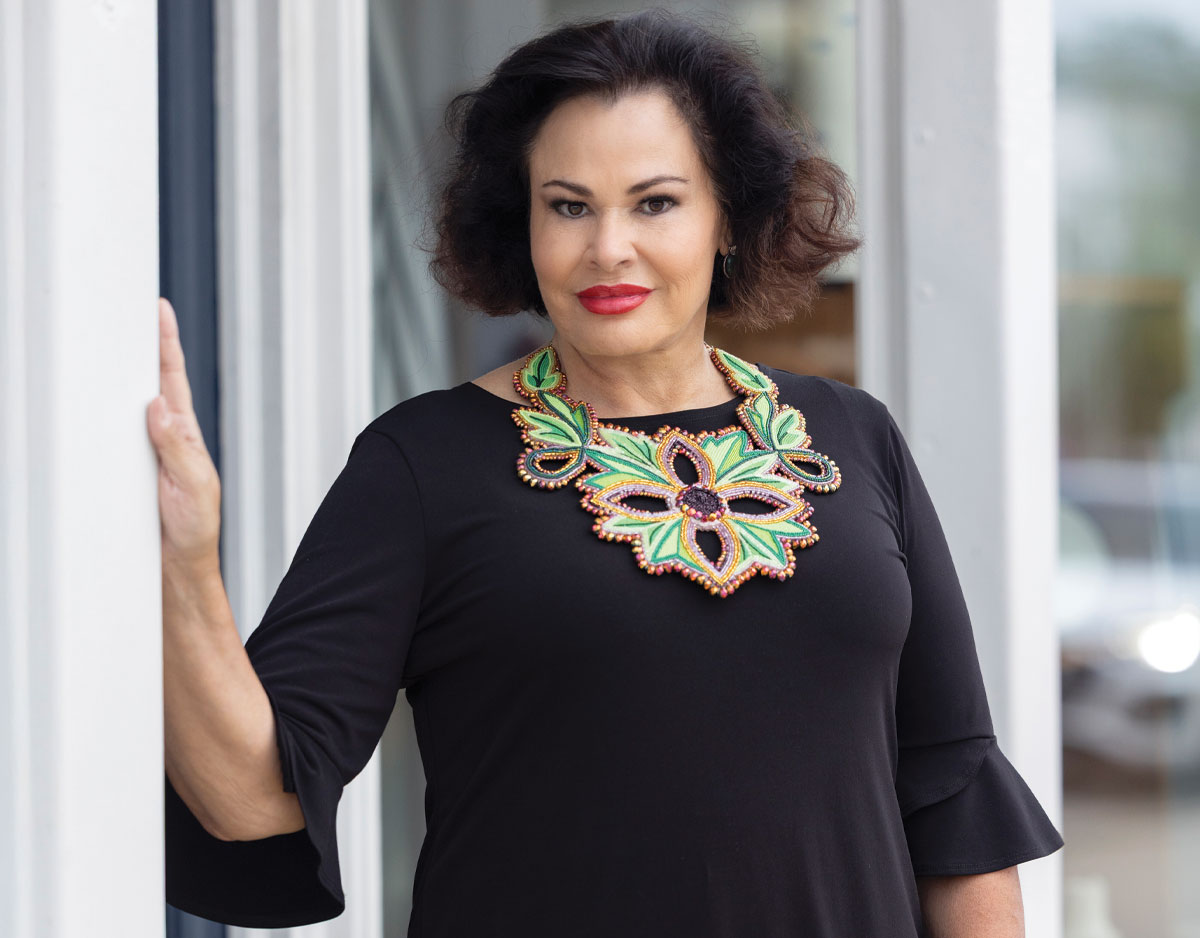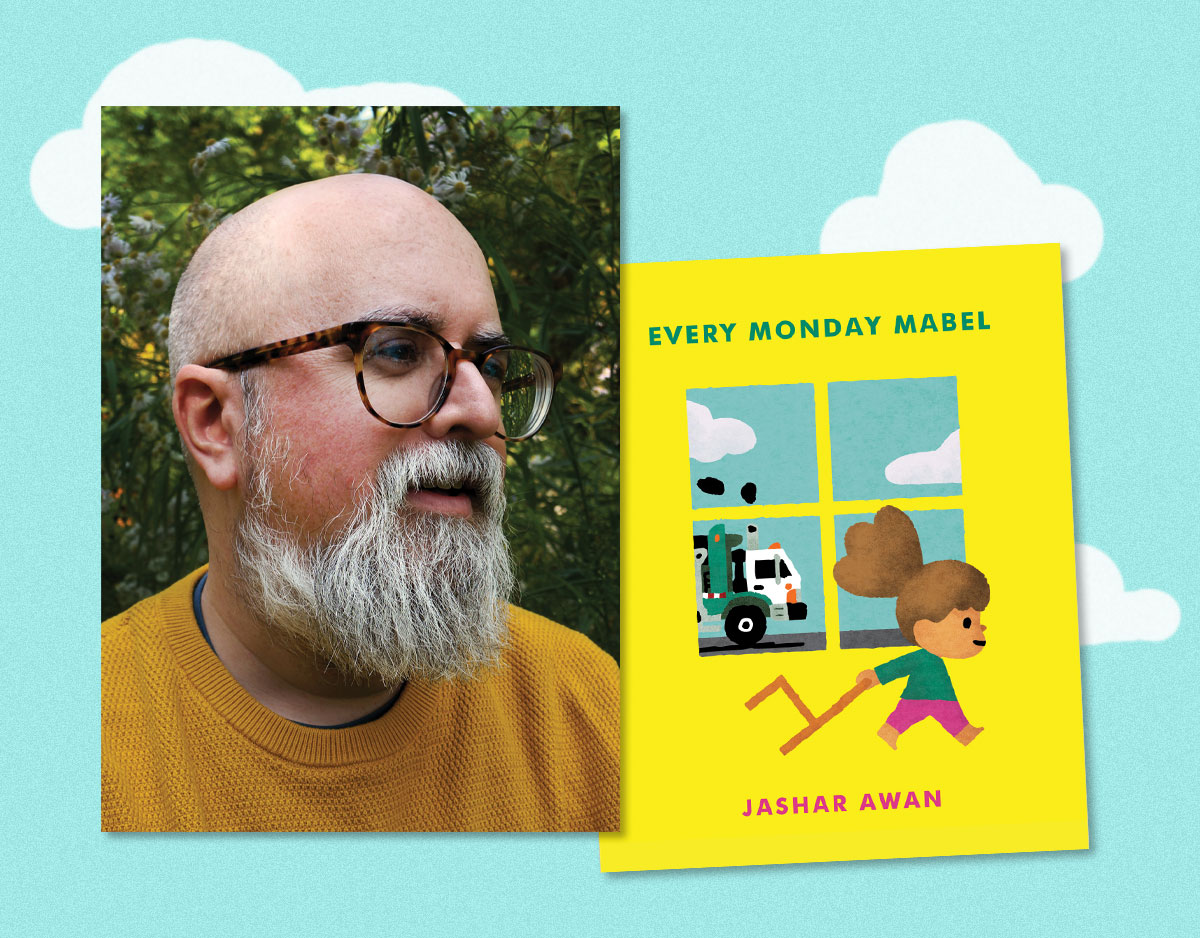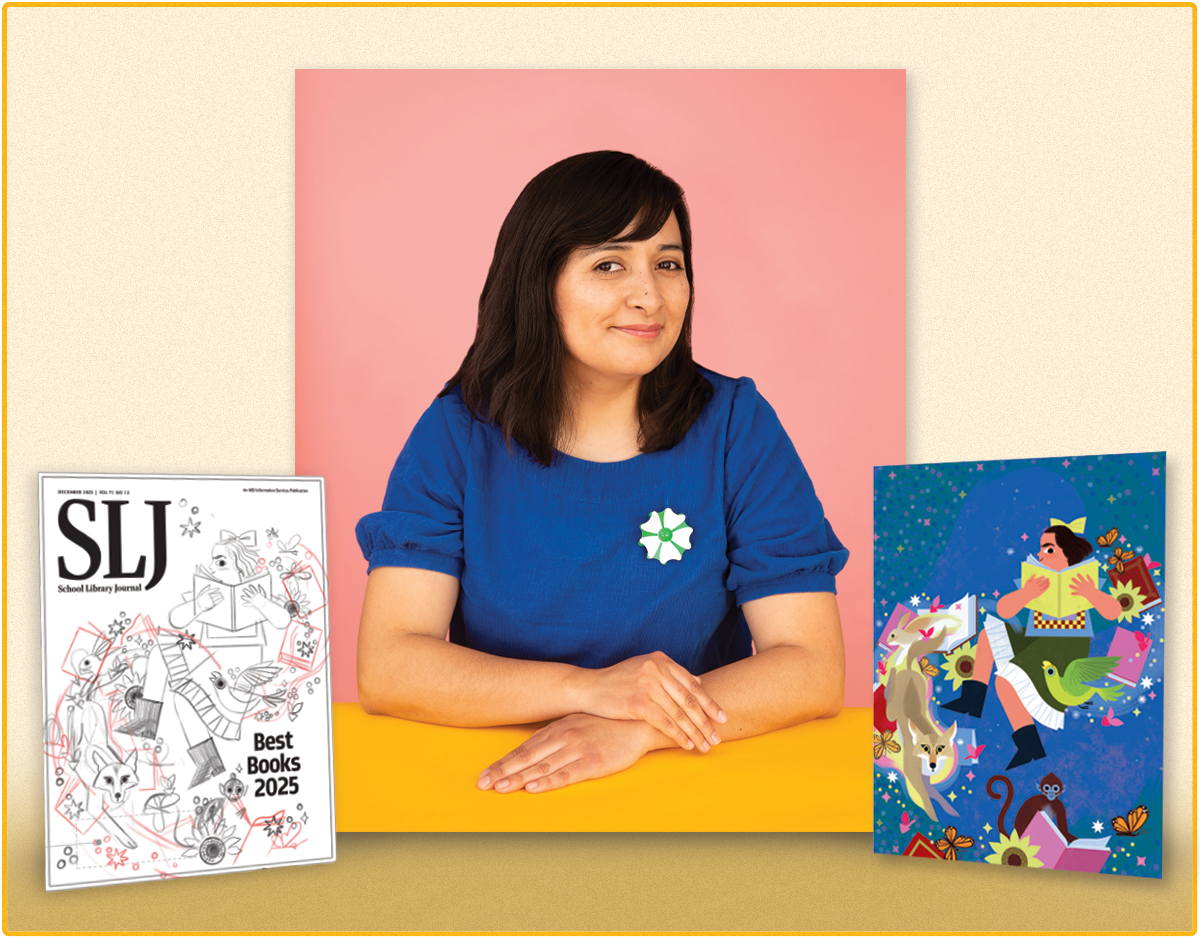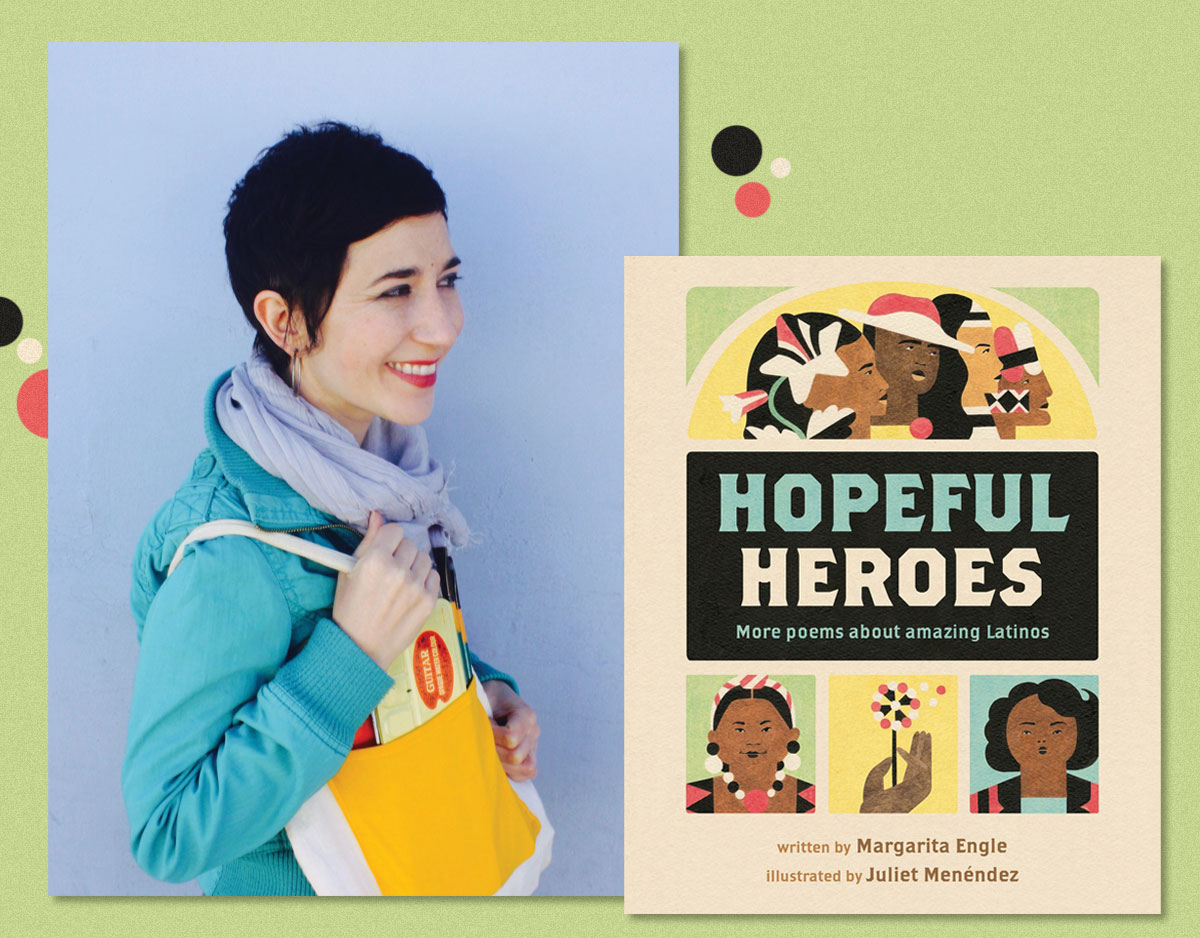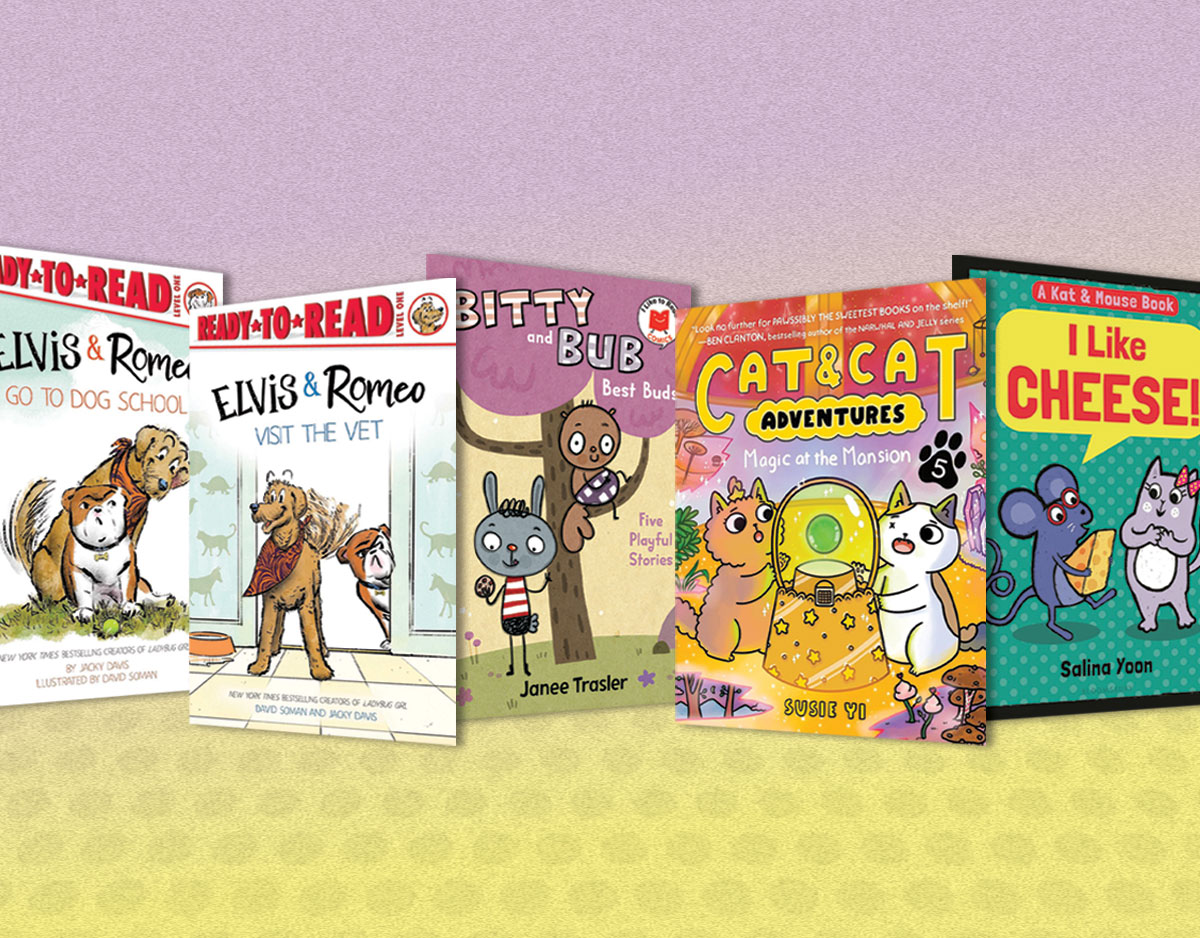Do We Still Need Diverse Books?
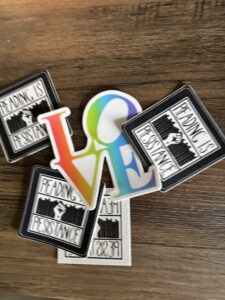
We’re 11 years from the #weneeddiversebooks movement that energized a change in youth literature. Since then, a greater opposing force has been enacted to challenge the progress of that movement. How are the efforts of those of us working to reduce bias in youth literature being redefined? I’ve raised this question before, and I think I’ve realized this is just more of the same; it’s another detour but not a destination. No doubt, we still have work to do. When books are being banned, reading books becomes a political act of resistance.
There’s no room to deny that book bans are intended to eliminate stories told by those from marginalized communities. Denying the individual and collective realities of these individuals won’t create a single sense of identity. It will make America less again if we don’t take the time to consider what has divided us, if we don’t address homophobia, racism, misogyny, ablism, and all other possibilities we’ve created to eradicate both love and humanity. Have you ever pulled weeds from your garden and not gotten the roots out? The weed just keeps growing back.
ADVERTISEMENT
ADVERTISEMENT
It’s interesting. Most things, like guns, oil and its byproducts, may never be banned in this country because those who control those industries will not let go of their financial profits. How has it come to pass that we ban books? What is it about the financial structure of the publishing industry that it hasn’t been able to prevent book bans? We ban books. Federal policies support the suppression of information, knowledge, and ideas, the true source of power. We ban books and ideas. Is someone somehow profiting from this?
ADVERTISEMENT
ADVERTISEMENT
On an individual level, our stories are the only things that separate us, while sharing them is what enables the love that does the work to connect us. History, politics, film, and literature are intertwined because they all exist as a form of collective narration. History, film, and literature are a collective retelling of our highs and lows; times when we shine and those when we fail. They allow all of us immigrants, forced and otherwise, to suggest I belong here on this stolen land. They enable Native Americans to persist. Stories recognize the genocides of and on the land, the good intentions, and the malicious implementation. Sharing stories provides space for love of self and other.
We need all these stories.
Even though the world is diverse, our neighborhoods and local communities might not be. Reading diverse books can open the world to young readers. Good literature can build pathways to challenge deficit discourses, and open conversations while providing insights into others, or even into ourselves. For me, good literature is more than a well-developed plot or fully formed characters; it is written from an anti-bias stance and explores liberation. For me, it is an expression of love.
We need diverse books to understand the world around us.
Young people are just beginning to explore the world, their identities, and their values. When queer children read Kacen Callendar, Kyle Lukoff, or Malinda Lo, I’m going to suggest they begin to feel whole, and may consider that if these adults survived their childhood and were able to write books, then maybe these young readers will begin to feel like they might be okay, too. When cis het children read these books, they develop empathy and understanding. Reading diversely can reduce social division ((Cameron, L., et al., Child Development, Vol. 77, No. 5, 2006; Kim, S. J., et al., Early Education and Development, Vol. 27, No. 3, 2016)
“The Impact of a Diverse Classroom Library”, a 2023 pilot study from First Book found that providing diverse books in a classroom library led to students increasing the amount of time they spent reading, and this led to an increase in the students’ reading scores. Wouldn’t this seems to suggest that banning books could reduce students’ reading proficiency? I think more research should be done in that area.
For the past few years, I’ve been leading a reading workshop for teachers in Indiana. One year, I had a wide array of books and asked the teachers to select something to read that would be outside their comfort zone; to read diversely. Most of the white teachers selected something outside their identity but, the one Black male teacher chose a book by a Black author. I realized that Black people have had so few book available based in Black culture and identity, that even as adults, marginalized people still need books that validate our ways of being and reflect our identity back to us.
Professionals beyond literacy experts (ALA, NCTE, NEA, PEN America) are realizing the implications of book bans on democracy and how they reduce the development of skills and abilities such as critical thinking and cultural awareness. They are concerned about this for all of us, and for those who may wish to enter their professions. “Taking a Stand Against Book Bans: How Psychologists are Fighting Censorship to Keep Culturally Diverse Books Available to Everyone” details an advocacy and action plan for psychologists to resist bans. The American Bar Association urges lawyers to get involved in similar actions, either professionally by providing legal representation or personally by supporting organizations like We Need Diverse Books or PEN America.
Dr. Sayantani DasGupta is a pediatrician who recognizes book bans as “an assault on our individual and collective health—our imaginative health, our intellectual health, our physical health, and the health of our society.” (source) DasGupta, a bestselling author of books for children and young adults, is a founding member of Authors Against Book Bans.
In the summer of 2023, the Culture Team at MoveOn, a progressive public policy advocacy group and political action committee, sent a bus tour across the country to build support for intellectual freedom. They organized artists, musicians, writers, performers such as Rosario Dawson, Bill Nye, Margaret Atwood, Mark Ruffalo, Idina Menzel, Emma Roberts, Gloria Steinem, Billy Porter, W. Kamau Bell, Kerry Washington, Judy Blume, and Roxane Gay. These influencers were able to spread the message, but I don’t know what future plans they may have. These artists understand the implications of book bans: the work to eliminate marginalized voices could impact them next. (Are you following Netflix and MAGA?)
Diversity and radical love are interconnected concepts. Radical love goes beyond mere tolerance or acceptance to actively embrace and celebrate the differences among individuals and groups. It involves understanding and valuing diverse perspectives, fostering inclusivity, and dismantling systems of oppression. Stories narrate and amplify pathways to love.
When the proclamation was made that we need diverse books, scholars began to research to find empirical evidence to support the statement. Based upon their findings, professionals throughout our communities have increased their commitment to the diverse communities they serve and the books they read. Regardless of what words are used to describe literature that embraces BIPOC lives as well as those who have disabilities or are LGBTQIA+, regardless the words that are banned to describe these marginalizations, people who are really doing the work and not just following a trend, will continue to find ways to get it done. There’s a love burning in them.
Diverse stories matter more than ever.
Be well and do good
Filed under: Uncategorized
About Edith Campbell
Edith Campbell is Librarian in the Cunningham Memorial Library at Indiana State University. She is a member of WeAreKidlit Collective, and Black Cotton Reviewers. Edith has served on selection committees for the YALSA Printz Award, ALSC Sibert Informational Text Award, ALAN Walden Book Award, the Walter Award, ALSC Legacy Award, and ALAN Nielsen Donelson Award. She is currently a member of ALA, BCALA, NCTE NCTE/ALAN, REFORMA, YALSA and ALSC. Edith has blogged to promote literacy and social justice in young adult literature at Cotton Quilt Edi since 2006. She is a mother, grandmother, gardener and quilter.
ADVERTISEMENT
ADVERTISEMENT
SLJ Blog Network
31 Days, 31 Lists: 2025 Nonfiction Picture Books
New DC Super Hero Girls OGN Coming June 2026 | News
From Policy Ask to Public Voice: Five Layers of Writing to Advance School Library Policy
ADVERTISEMENT


